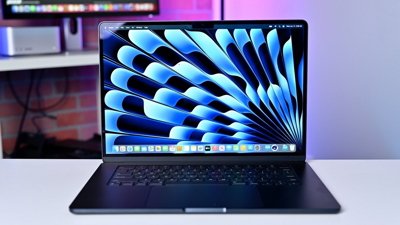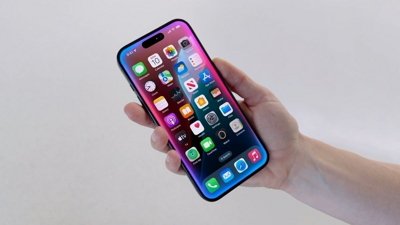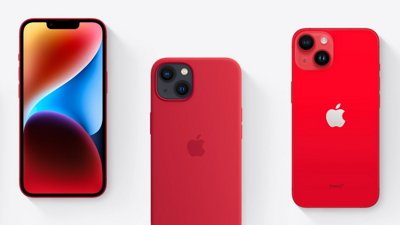South Korea's antitrust authority, the Korea Fair Trade Commission, on Wednesday rejected an Apple complaint asserting Samsung is unfairly leveraging its portfolio of standard-essential wireless patents against rivals in ongoing litigation.
The KFTC ruled against Apple's complaint against Samsung's alleged abuse of standard-essential patents, saying the South Korean company's court actions do not break Korean antitrust law, reports The Korea Times.
"What's important is how sincerely the two companies tried to resolve the patent dispute, but it is difficult to believe that Apple was sincere in negotiating with Samsung to iron out their differences," an unnamed KFTC official said. "Therefore, we don't think Samsung unfairly used the lawsuit to hinder Apple's business activities."
Wednesday's decision stems from Apple's 2012 complaint that Samsung misuses SEPs for 3G wireless technology to gain an unfair advantage over the competition. These patents are supposed to be licensed under fair, reasonable and non-discriminatory (FRAND) terms.
As noted by FOSS Patents' Florian Mueller, the KFTC's wholesale rejection of Apple's complaint stands in stark contrast against identical investigations conducted by competition watchdog agencies in other countries. For example, both the U.S. Department of Justice and the EU's European Commission voiced concern over Samsung's use of FRAND patents as litigious weapons.
Although it closed an investigation into the matter without taking action earlier this month, the U.S. Department of Justice admonished Samsung for using SEPs as litigious weapons. The DoJ promised to monitor the company as pending litigation, such as the second Apple v. Samsung California patent trial, moves forward.
However, Mueller believes the KFTC's decision came largely as a result of a "soft line" stance on SEP issues taken by the U.S. and EU commissions. He cites the South Korean body's determination that Samsung did not have monopoly power because "more than 50 companies hold over 15,000 SEPs relating to 3G wireless communication (UMTS/WCDMA) technology," which is different from a case where "only one essential facility exists."
"This makes no sense at all because any one SEP (if truly essential to the standard, of course) can force someone out of the market," Mueller writes. "If Apple didn't need a license to Samsung's 3G SEPs on FRAND terms because it could, as it has, secure a license to, for example, Ericsson's SEPs reading on the same standard, then Samsung wouldn't have essential-facility power. But that's simply not the case."
Finally, the KFTC decision takes into account that Apple was first to file a patent lawsuit against Samsung and was therefore responsible for a litigious "negotiation atmosphere." Mueller points out that Apple sued Samsung over non-SEPs, which should be handled differently than declared standard-essential properties.
In a statement related to this idea, the KTFC official said, "Samsung with the standard-essential patents based on the FRAND licensing terms tried to resolve the matter and the level of patent license fee was not so high. Samsung's lawsuit is a legitimate act to protect its patent rights."
 Mikey Campbell
Mikey Campbell







-m.jpg)






 Christine McKee
Christine McKee
 Malcolm Owen
Malcolm Owen
 Chip Loder
Chip Loder
 Marko Zivkovic
Marko Zivkovic
 Wesley Hilliard
Wesley Hilliard










39 Comments
Cheater cheater pumpkin eater.
Shock and horror
Samsung = Corrupt company from a corrupt racist country. No surprises there.
F Samsung.
Apple and Samsung should do a deal - Apple won't sell iPhones in Korea and Samsung won't sell their copies of iPhones in the US.
If the US and EU are against abusing SEPs then some crooked judge in Korea is getting paid big bucks to allow it. Samsung phones need to be banned in the US asap for copying and other IP violations.